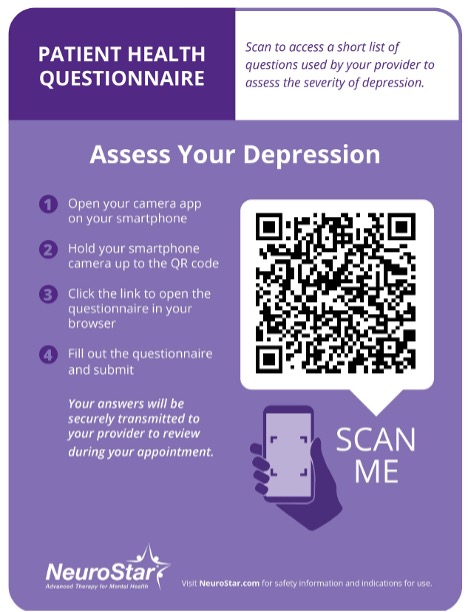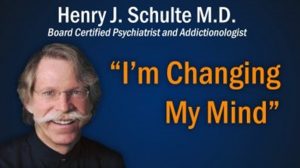A New Possibility for the Treatment of Depression!
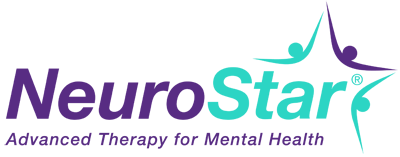

At our practice, we provide Transcranial Magnetic Stimulation (TMS) for Treatment-Resistant Depression using the NeuroStar TMS device. With over a decade of experience in administering TMS, Dr. Schulte is dedicated to offering advanced care and personalized treatment options to help you find relief.
If you’re among the many individuals struggling with depression, you may have already explored various medications and therapies in search of relief. Unfortunately, these treatments don’t always yield satisfactory results and can often come with significant side effects, adding to your challenges. The cycle of trial and error can be both exhausting and discouraging.
TMS offers a non-drug alternative for managing major depression. TMS employs focused magnetic pulses, similar to those used in MRI scans, to stimulate inactive synapses in the brain and restore its natural function. This innovative therapy aims to rejuvenate your brain’s activity, providing a new pathway to relief.
If you have been diagnosed with Major Depressive Disorder (MDD) and haven’t found relief with antidepressants, NeuroStar might be the solution you need. Unlike medications, NeuroStar is a non-drug therapy and is not a type of shock treatment or surgery. It avoids the common side effects associated with traditional medications.
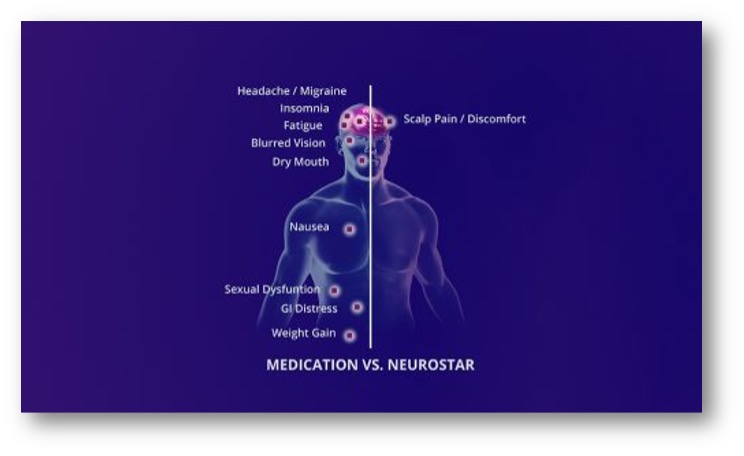
NeuroStar is an in-office treatment that lasts between 18 and 40 minutes per daily session, depending on your TMS prescription, and is administered over the course of 7 to 8 weeks.
For treating Major Depressive Disorder (MDD) with NeuroStar Transcranial Magnetic Stimulation (TMS), the coil is placed over the left dorsolateral prefrontal cortex (DLPFC). This region of the brain is associated with mood regulation and has been found to be underactive in individuals with depression.

Precise Positioning: The left dorsolateral prefrontal cortex is located toward the front and side of the brain, roughly over the area just above the temple. This spot is carefully identified during the initial calibration mapping process with the provider.
Magnetic Stimulation: Once the coil is placed, the NeuroStar TMS machine delivers focused magnetic pulses to this region. These pulses aim to stimulate the underactive neurons, helping to restore normal brain activity related to mood control.
Targeting the DLPFC: Studies have shown that the DLPFC plays a key role in mood regulation. By targeting this area, the treatment helps improve connectivity and brain function in networks involved in depression.
We are currently contracted with BCBS, UHC (Optum), and Aetna commercial plans for TMS treatment.
**Please Note: The following insurance providers cover most TMS treatments for patients 18 years and older, with a diagnosis of Major Depressive Disorder, and a history of failed anti-depressant medications. Coverage is not guaranteed and will be determined through the prior authorization process.
NeuroStar TMS is excited to announce a New Possibility for Adolescent Depression
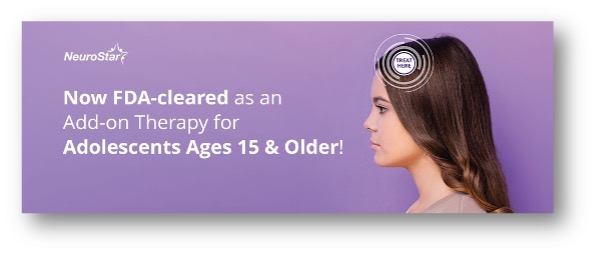
Each year, one in five adolescents experience at least one major depressive episode – suffering from depression at a young age can impact the way a child acts, their energy and sleep.
Proven Effective for Adolescents
The FDA recently approved NeuroStar TMS as a first-line add-on therapy meaning it’s another option for depressiontreatment for you or a loved starting at the of the age of 15 years old. Nearly 10,000 adolescents have been treated withover 300,000 NeuroStar sessions.
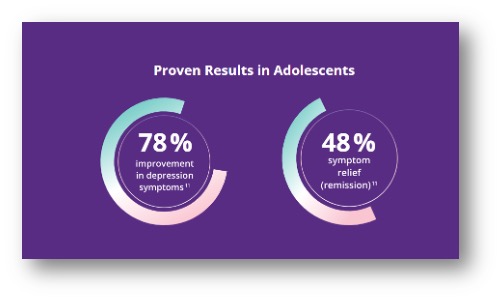
If you believe a loved one or a child in this age group could benefit from NeuroStar TMS, we invite you to contact us today to arrange a consultation.
We are currently contracted with BCBS, UHC (Optum), and Aetna commercial plans for all TMS treatments.
**Please Note: Insurance coverage for NeuroStar TMS in adolescents is still being updated, following the recent FDA approval for ages 15 to 17 years old. Coverage is not guaranteed and will be determined through the prior authorization process.
Break Free from OCD with NeuroStar TMS
What is Obsessive-Compulsive Disorder (OCD)?
Obsessive-Compulsive Disorder (OCD) is a common mental health condition that affects millions of people. It’s characterized by a cycle of unwanted, intrusive thoughts (obsessions) and repetitive behaviors or mental acts (compulsions) aimed at reducing the distress these thoughts cause.
- Obsessions can include fears of contamination, worries about safety, or unwanted disturbing thoughts. These intrusive thoughts create significant anxiety and can be overwhelming.
- Compulsions are repetitive actions, like excessive handwashing, checking, or counting, performed to ease the anxiety caused by the obsessions. Unfortunately, these behaviors only provide temporary relief and can take up large portions of a person’s day.
Left untreated, OCD can severely interfere with daily life, work, and relationships. However, effective treatments are available, and many people find relief through a combination of therapy and advanced treatments like Transcranial Magnetic Stimulation (TMS).
At our office, we specialize in treating complex mental health conditions like OCD using NeuroStar TMS Therapy, an FDA-approved, non-invasive treatment that targets the brain circuits responsible for OCD symptoms.
For OCD, TMS targets the anterior cingulate cortex (ACC) and the medial prefrontal cortex (mPFC). These areas are involved in the regulation of emotional responses, decision-making, and error detection, which are often dysregulated in individuals with OCD. By modulating activity in these regions, TMS can help reduce the intensity of obsessions and compulsions.
- Coil Placement: The coil is positioned more centrally, typically over the medial prefrontal cortex, which is located toward the front and center of the brain.

Treatment usually lasts around 18-minutes daily for 5 days a week. A full course of treatment totals 29 sessions.
For more information about NeuroStar TMS please click the following link:
We are currently contracted with BCBS, UHC (Optum), and Aetna commercial plans for all TMS treatments.
**Please Note: While we are in network with these insurance providers, coverage for TMS treatment for OCD is still being updated by most insurance plans. Coverage is not guaranteed and will be determined through the prior authorization process.
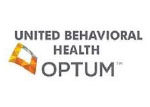
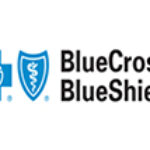
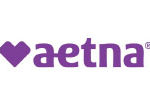

- Does NeuroStar TMS work?
- In a study of “real-world” outcomes (meaning actual NeuroStar patients), 83% of people who completed the full NeuroStar treatment cycle experienced a measurable decrease in the severity of their depression, and 62% of those completing treatment saw full remission – meaning their depression effectively “went away.” [1]
- Does NeuroStar hurt?
- During the session, you will feel a tapping sensation on your head. Some NeuroStar patients experience mild pain or discomfort at or near the treatment site during the first week of treatment, along with mild headaches. This is usually temporary and subsides within the first week.
- What insurance plans cover NeuroStar TMS?
NeuroStar TMS Therapy for depression is covered by most insurance plans, usually after medication options have proven ineffective in your major depression treatment. You can contact the back of your insurance card to find in network TMS providers if needed.

Attached below is a QR code to start the questionnaire process to see if you or a loved one qualify. Your answers are securely sent to our office for review.
